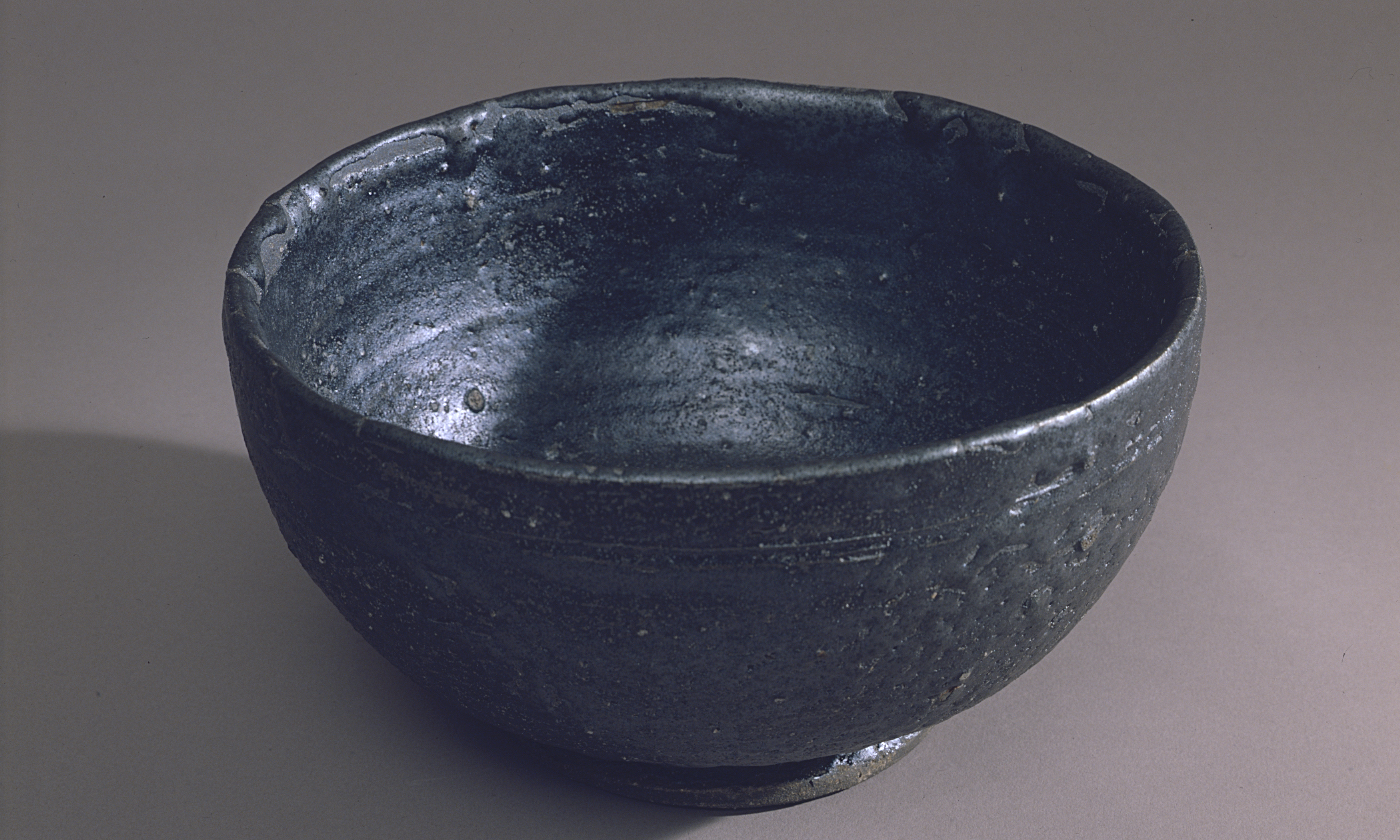Tori Kudo

Blank Forms
Brooklyn, NY 11238
Ceramics, Tori Kudo says, is a “half-guaranteed chance operation.” As much as its elements can be shaped and predicted, its form manipulated and reasoned with, it is ultimately an act of uncertainty. Kudo, who once described himself as the “king of error,” regards relinquishing all expectations for his work as the foundation of his artistic output. For the past five decades, he has eschewed any pretense of control in his highly improvisational music—assembling ragtag groups of untrained musicians to perform as his Maher Shalal Hash Baz ensemble, playing in a series of blink-and-you-miss-them psych-punk and noise bands in the ’70s and ’80s, and, he says, borrowing instruments for gigs from anyone who happens to be near the venue. In many ways, Kudo’s improvisations are controlled chaos, and this modus operandi stems, certainly, from his radical anarchist roots. Across his musical and visual practices, Kudo embraces error as an inescapable result of human nature.
This presentation, a selection of clayware made by the artist in the past year, is the first exhibition of Kudo’s visual art in the United States. Kudo came of age in the ceramics workshop of his father, an art informel painter-turned-working craftsman who practiced in the Tobe ware manner. Tobe ware, also known as Tobe-yaki, has been produced in Kudo’s native Ehime prefecture since the end of the eighteenth century and is known for its distinctive indigo designs set against brilliant white porcelain. In Kudo’s hand, this tradition is honored, warped, and expanded. His loose and playful forms are surfaced with gestural brushstrokes and swirling, organic designs. A few pieces are dotted by small volcanic blobs—unintentionally, Kudo says—the result of his boiling a glazing component, lead-free flit. When asked if, in his experimental style, he still regards his practice as part of the Tobe ware tradition, Kudo responded: “I dare say I am Tobe ware.”
Organized by Lawrence Kumpf, Artistic Director, with Quinn Schoen, Curatorial Assistant.
Tori Kudo (b. 1958) is a ceramicist, filmmaker, anarchist, and cult icon of Japanese underground music. A skilled pianist and self-taught guitarist, Kudo first trained on a Yamaha pump organ at the age of two-and-a-half before studying jazz piano in his later years. He is best known for his unconstrained experiments with improvisation, naive music, and natural error. In the 1970s and ’80s, Kudo played with a slew of short-lived noise, drone, and psych-punk units, including Guys & Dolls, Noise, Snickers, Sweet Inspirations, and Tokyo Suicide. He is the ringleader of the loosely formed collective Maher Shalal Hash Baz (“the spoil speeds, the prey hastens” in Hebrew), which he began in 1984 with his wife and longtime collaborator Reiko Kudo and the euphonium player Hiro Nakazaki. With a freeform sound and a fluid ensemble of primarily untrained musicians, the collective has produced more than two dozen records under Kudo’s direction. Kudo studied design and pottery in London in the late ’90s, and has produced ceramics for the past two decades.